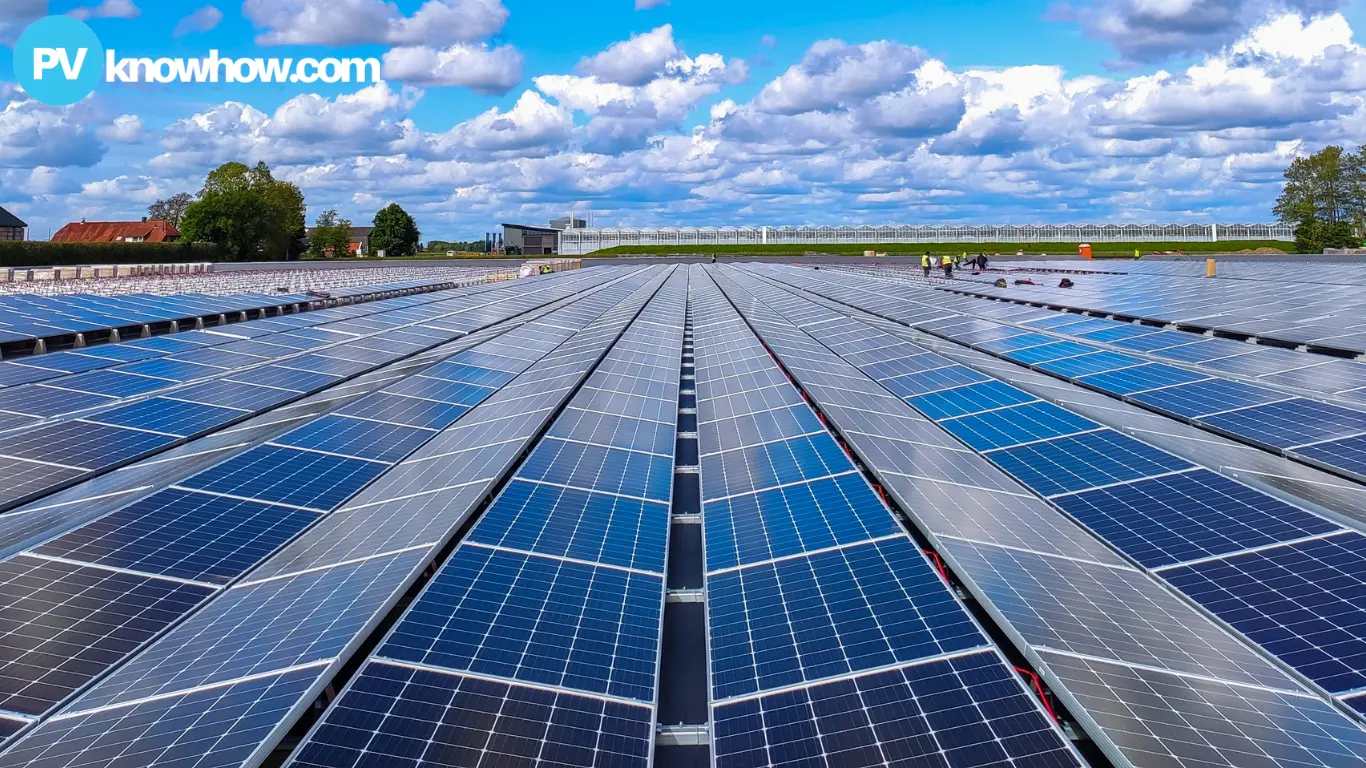BAT Nigeria exemplifies the national push for sustainability through its innovative and eco-friendly practices such as the state-of-the-art solar power plant at its Ibadan facility. Generating 3,200 kWh daily and reducing carbon emissions by 650 tons annually, this initiative demonstrates BAT Nigeria’s commitment to renewable energy and the government's environmental goals.
Contributing to a Cleaner Nigeria
Nigeria is making significant strides towards sustainable energy, with companies like BAT Nigeria at the forefront of this movement. The Federal Government's dedication to reducing carbon emissions is reflected in its Nationally Determined Contributions (NDCs) under the Paris Agreement, which targets net-zero emissions by 2060. Key measures include ending gas flaring by 2030, promoting efficient gas generation, and achieving 30% energy efficiency by 2030.
BAT Nigeria exemplifies the national drive for sustainability through its innovative and environmentally conscious practices. Their state-of-the-art solar power plant at the Ibadan manufacturing facility is a groundbreaking project. This shows their commitment to reducing environmental impact and supporting government environmental objectives. This solar initiative generates an average of 3,200 kWh per day and reduces carbon emissions by approximately 650 tons annually.
This forward-thinking approach not only promotes cleaner air and combats climate change but also strengthens BAT Nigeria’s reputation as a responsible corporate citizen. By decreasing its dependency on conventional energy sources like fossil fuels, BAT Nigeria has reduced operational expenses and improved energy efficiency. Additionally, this move has lessened reliance on the national grid, thereby resulting in cost savings and providing a model for other sectors facing Nigeria’s energy constraints.
Fostering Socio-Economic Development Through Solar Energy
The solar power plant aligns seamlessly with the company's commitment to responsible resource management, showcasing its dedication to a sustainable future for both its business and the communities it serves. This dedication is a fundamental aspect of the company's Environmental, Social, and Governance (ESG) framework.
Additionally, the solar power plant offers significant economic benefits. Reduced reliance on traditional energy sources is expected to lead to cost savings, which can be reinvested into further technological advancements and product development, ultimately bolstering the company's market position.
Odiri Erewa-Meggison, Director of External Affairs for BAT West and Central Africa, emphasized that BAT Nigeria aims to use solar power to foster socio-economic development. This involves providing access to clean energy solutions that enhance livelihoods, boost productivity, and drive inclusive growth throughout Nigeria.
She highlighted that BAT's commitment to responsible business practices extends beyond environmental efforts. She noted that the company actively contributes to Nigeria's economic growth through job creation, tax contributions, and support for local businesses.
“Our commitment to good business practices goes beyond environmental efforts. BAT actively contributes to Nigeria's economic progress by creating jobs, making tax contributions, and supporting local businesses,” Erewa-Meggison noted.
100% Recycling Rate for Factory Waste

BAT Nigeria’s solar plant powers its factory, leading in sustainability and renewable energy.
The solar plant's capacity was carefully designed according to the BAT Photovoltaic (PV) Standard, utilizing Tier-1 Solar panels from Jinko and Inverters from SMA. This development is in line with BAT Nigeria's recent achievement of zero waste to landfill and a 100% recycling rate for all factory waste.
The inauguration of the solar power plant marked a significant milestone in BAT Nigeria’s sustainability journey. This symbolises the company’s commitment to a greener future and establishing it as an industry leader.
The success of BAT Nigeria's solar power plant project serves as an inspiration for other companies in Nigeria and across Africa. It also demonstrates that transitioning to renewable energy is both environmentally responsible and economically viable.
This initiative sets the stage for sustainable practices to become the standard rather than an option. By continuing to harness solar power, BAT Nigeria is paving the way for a brighter future for the company, the environment, and the communities it serves.
